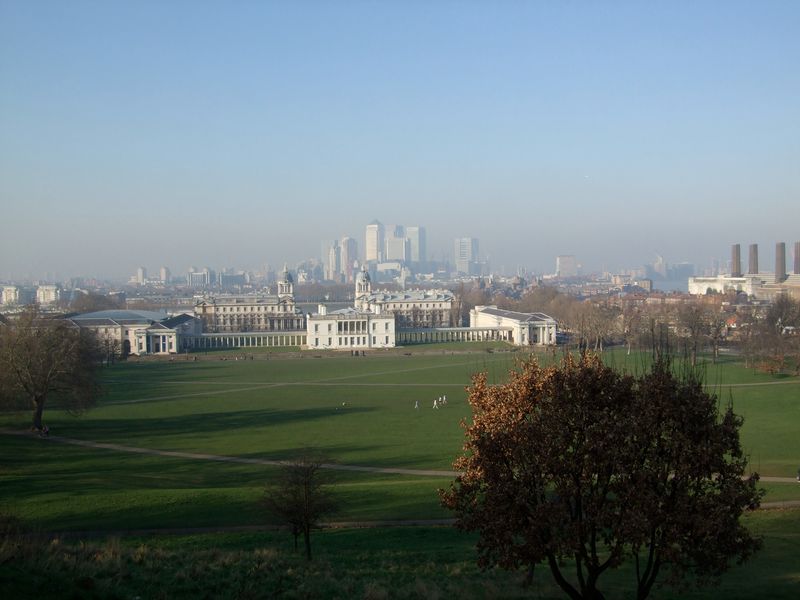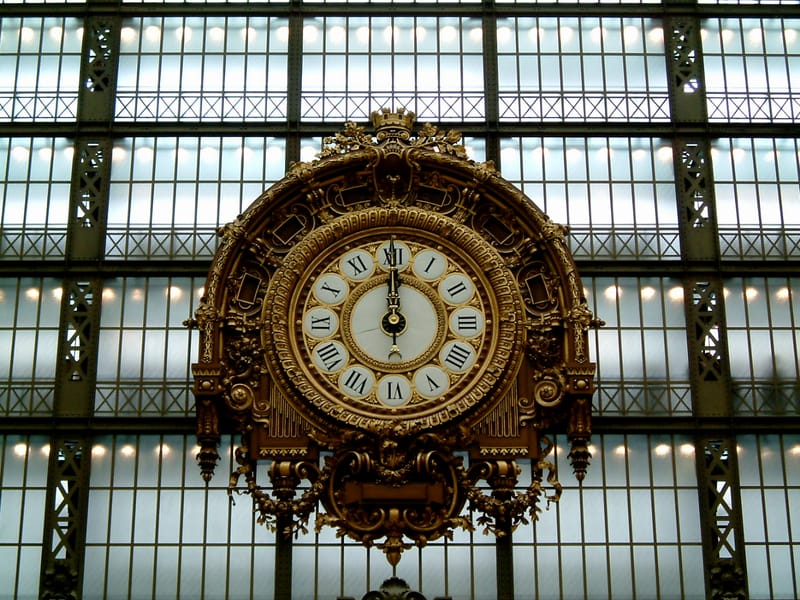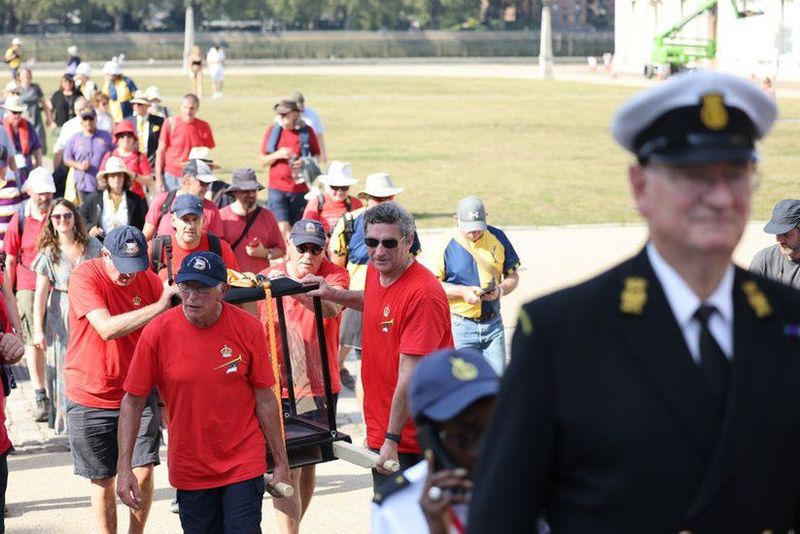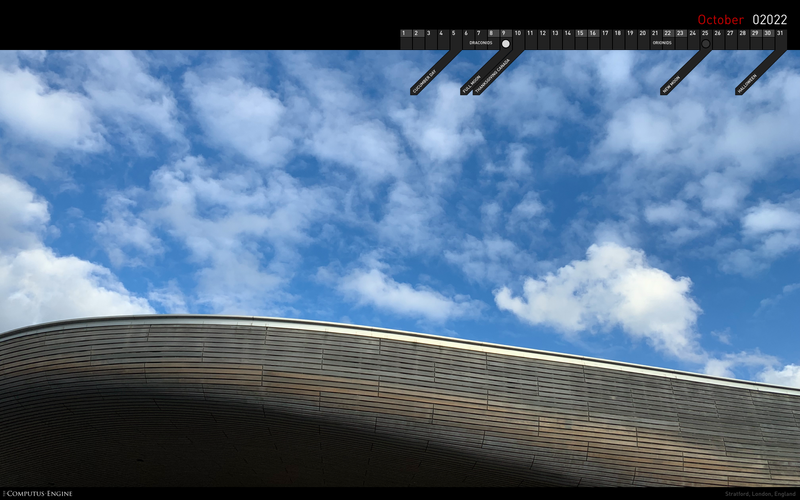On Saturday I found myself back in Greenwich to attend a symposium on the subject of 'Long Time'. This is the notion of long term thinking; considering the effects of our decisions beyond a single human life span. I thought I knew a lot about long time, having traveled for several hours on public transport to reach the event, but I still managed to be late. The irony was not lost on me.
Our first speaker was David Rooney, the Curator of Timekeeping for the Royal Observatory. He gave us a humorous and informed summary of the history and vagaries of modern timekeeping mechanics including the timezone system, GMT / UTC and the whole mess that is Daylight Saving Time.
London based artist Laura Williams introduced us to the Aluna project, a proposed tidal powered moon clock. Currently in the feasibility stage this beautiful piece of horological architecture is proposed to be built in the UK (probably on the Thames opposite the Dome) with a sister structure in Australia.
Alexander Rose, is the first employee and Director of the Long Now Foundation. The foundation is a not-for-profit collective aimed at encouraging long term thinking. With a membership that reads like a who's who of successful bay area tech entrepreneurs they have had the funding to tackle some unique and fascinating projects. I read his book, 'The Long Now' a few years ago and found the ideas and projects very interesting. His talk covered much the same ground but brought all these projects up to date. I'd thoroughly recommend taking the time to check out the 10000 Year Clock, Rosetta Project andLongBets.
The final presentation from art duo Thompson and Craighead was the antitheses of 'long time'. A series of web art pieces that aim to illustrate the ephemerality of now. Their short films made up of live video, audio and copy from the web may be innovative in art circles but from a web perspective they felt very Art 1.0.
A mashup of three data sources and a presentation layer isn't very innovative on the web. The key differentiator of the web as a medium is its immediate interactivity, but their films are a distinctly one way experience. What might have been interesting would be to trap user feedback and use that as a further data source with which to further randomise the movie experience.





